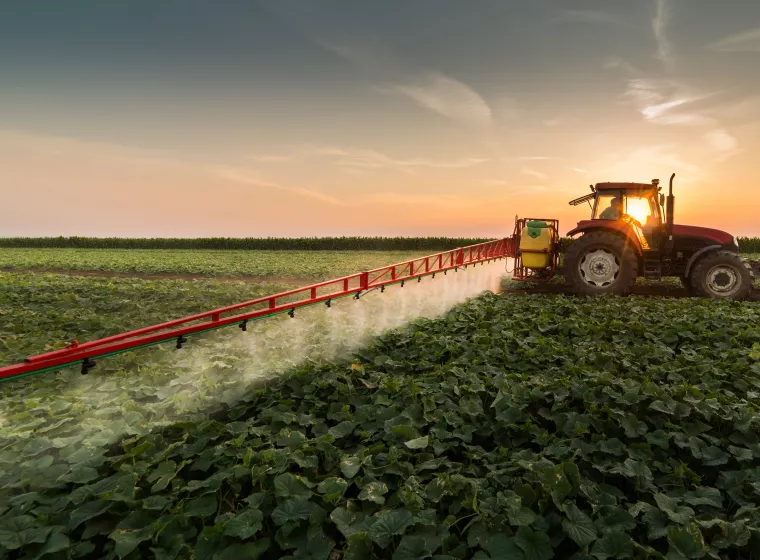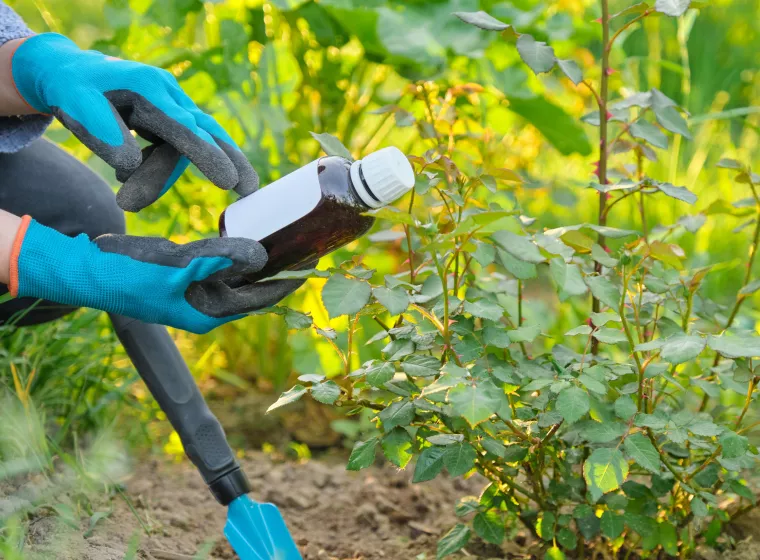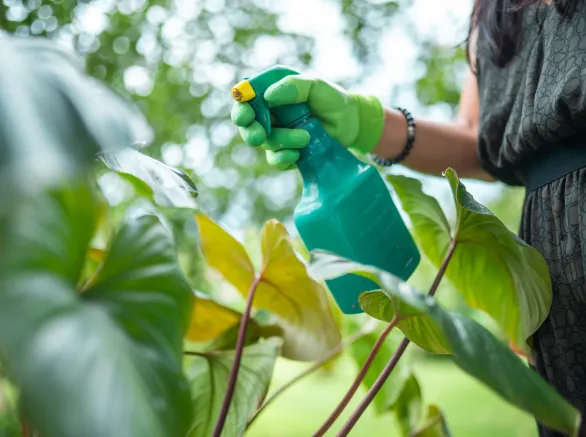May 7, 2025
Spain's Ministry of Agriculture outlined stricter rules for microbial fertilizers under Royal Decree 506/2013
Spain is taking a significant step in regulating microbial fertilizers and biostimulants. At the Cátedra Fertiberia de Estudios Agroambientales meeting in early April, attended by industry leaders and technical experts, including representatives from Exponent, the Spanish Ministry of Agriculture announced important updates to the country's regulatory framework under Regulatory Decree 506/2013.
These updates aim to reinforce human health and environmental safety, placing clear requirements on the types of microbial strains that can be used in fertilizers and biostimulants. Moving forward, only strains that are non-pathogenic, non-toxic, and free from transferable antimicrobial resistance will be permitted.
Importantly, these changes do not just apply to new products, they also affect products already registered and on the market in Spain, many of which were not previously required to meet the rigorous safety standards now being clarified. Going forward, all microbial fertilizers must comply with the updated interpretation of the Royal Decree 506/2013, regardless of when they were first authorized.
Key requirements now include:
- Genomic sequencing to verify the identity of microbial strains and confirm they are not related to known pathogens
- Toxicology and risk assessments demonstrating no harm to human health or the environment
- Strain differentiation from microorganisms used in plant protection products, backed by genomic data
- Evaluation of non-native strains, including their metabolic by-products and impacts on biodiversity
This clarification is particularly relevant as many of the microbials strains used in Spanish products have not been authorized under EU law. According to the Asociación Española de Fabricantes de Agronutrientes (AEFA), about 15% of the fertilizers and biostimulants in Spain contain microorganisms. While legal under Spanish law, these products often fall outside the scope of current EU approvals.
The updates shared at the Fertiberia Group meeting also reflect Spain's strategic intent to align its national rules with the EU Fertiliser Products Regulations (EC 2019/1009), specifically Component Material Category 7 (CMC 7), which governs the use of microorganisms in EU labelled fertilizers.
Currently only a handful of microbial groups (e.g., Azotobacter, Mycorrhizal fungi, Rhizobium, and Azospirillum) are approved at the EU level. This has created an anomaly, as many microbial groups in Spanish fertilisers are not yet recognised at the EU level, so they have not undergone rigorous risk assessment.
However, the European Commission is actively working to define risk assessment requirements and expand the list of approved microorganisms under CMC 7. This ongoing work includes developing harmonized criteria for safety, efficacy, and environmental impact assessments.
Spain's updated interpretation of the Royal Decree 506/2013 not only brings existing products under stricter oversight but also prepares the industry for broader EU transition. By aligning now, Spanish manufacturers will be better positioned to meet the future requirements for EU market access.
What Can We Help You Solve?
Exponent's bioscience and agriculture experts can help evaluate microbial fertilizers and biostimulants to support studies and risk assessments that meet regulatory requirements in the EU and elsewhere. We can conduct research, develop bespoke tests, and perform meta-analysis of existing scientific publications to help make microbial fertilizers both safe and effective.
![Biocides [CRFS]](/sites/default/files/styles/cards_home_card/public/media/images/GettyImages-1278640196.jpg.webp?itok=g5xMzJHv)
Agrochemicals in Europe
Support across the overall product and process lifecycle related to placing plant protection products and fertilizers on the EU market.

Agrochemicals & Pesticides
Navigate complex requirements for agrochemicals and pesticides in Europe and North America.

Pesticides and Agricultural Chemicals in North America
Regulatory support, including federal, state, and provincial registration and renewal; product maintenance; and experimental-use applications.

Chemical Regulation & Food Safety
Overcome global regulatory challenges for food, pesticides, and personal care products.

Human Health Risk Assessments for Plant Protection Products, Biocides & Chemicals Under REACH Regulations
Regulatory assessment and modeling for plant protection products, biocides, and chemicals under REACH.

Environmental Modeling
Exposure modeling and related ecological assessments a priori to support submissions to the EPA and other regulatory agencies.
Insights





